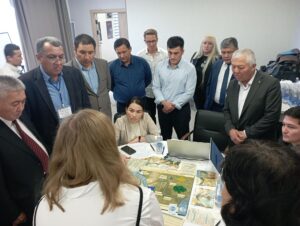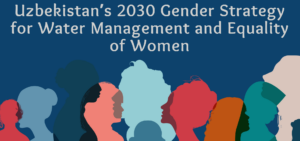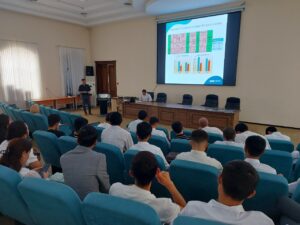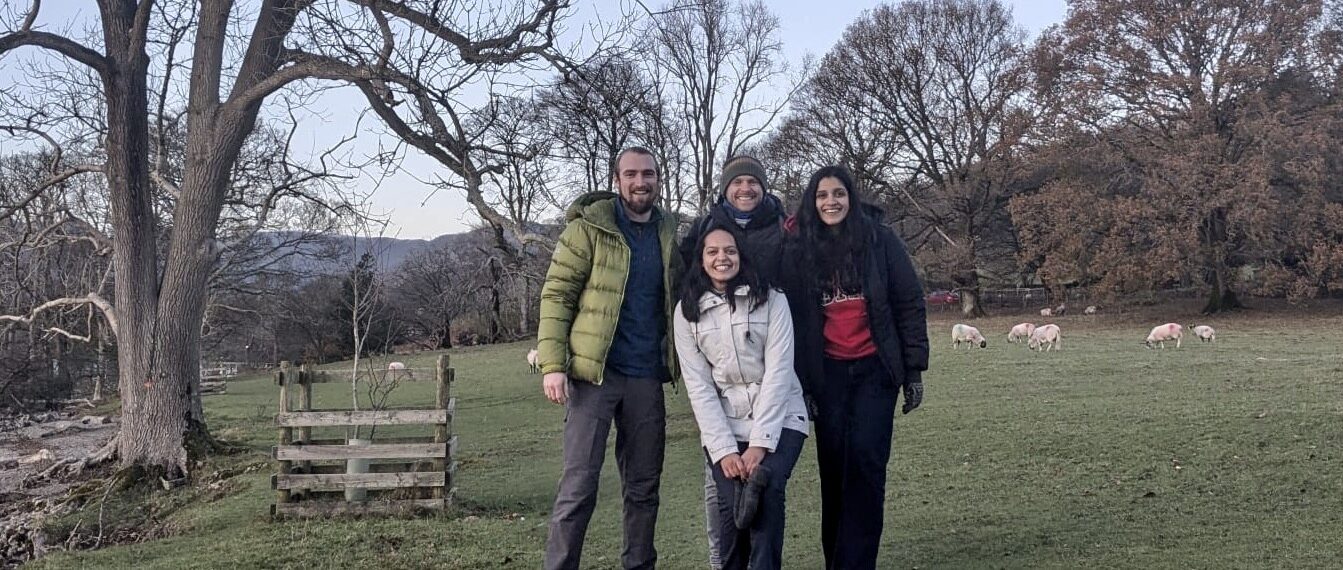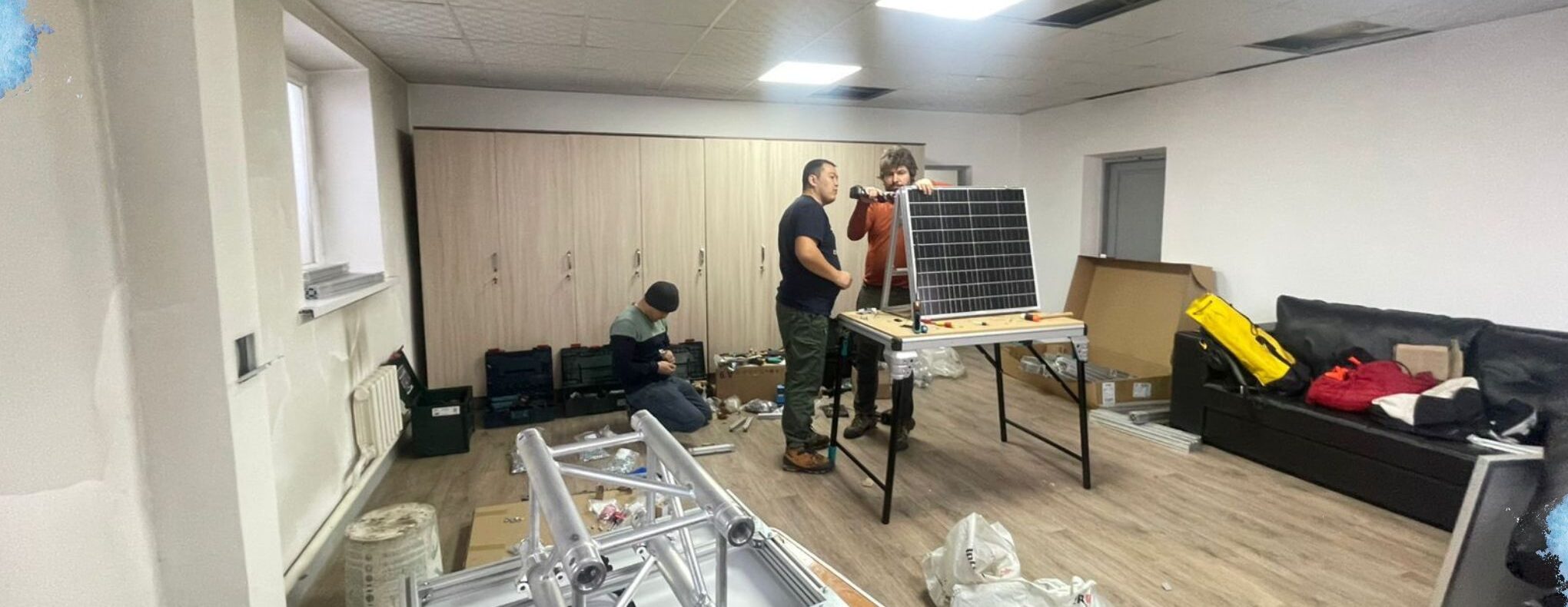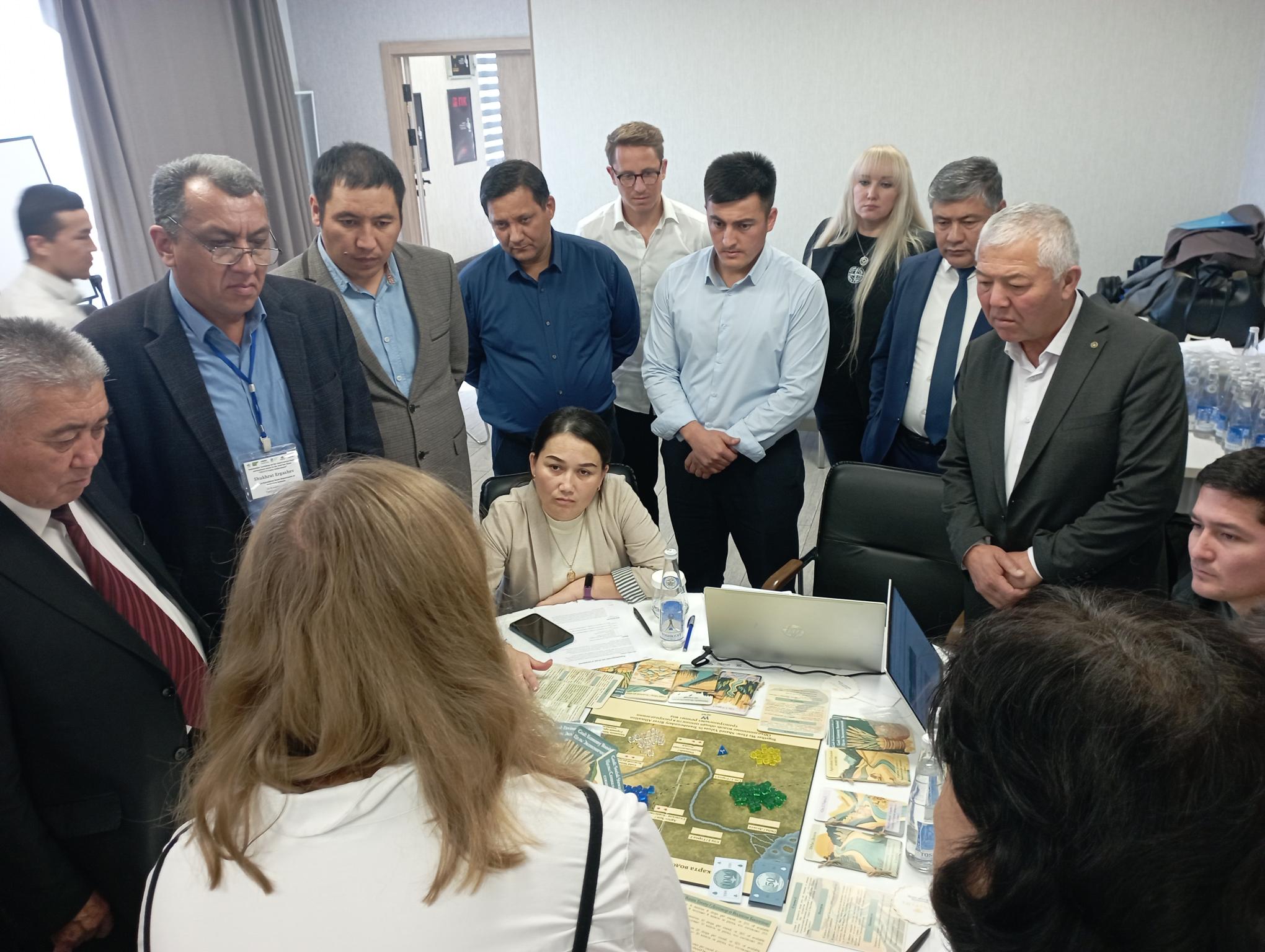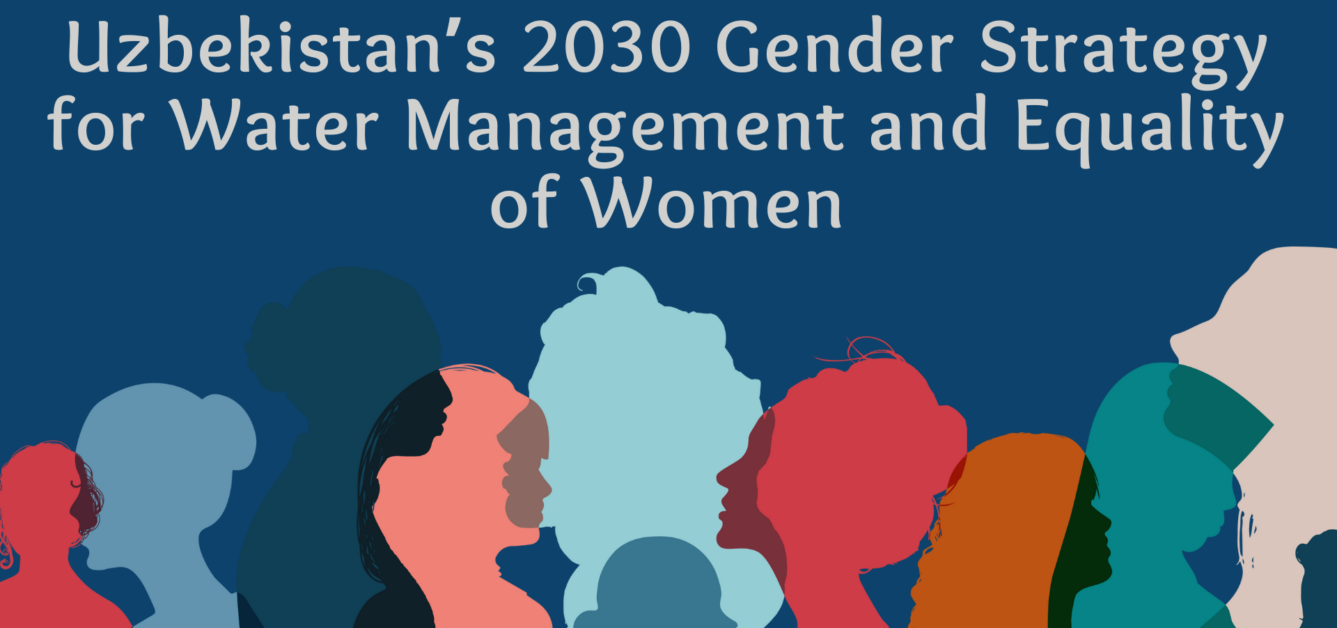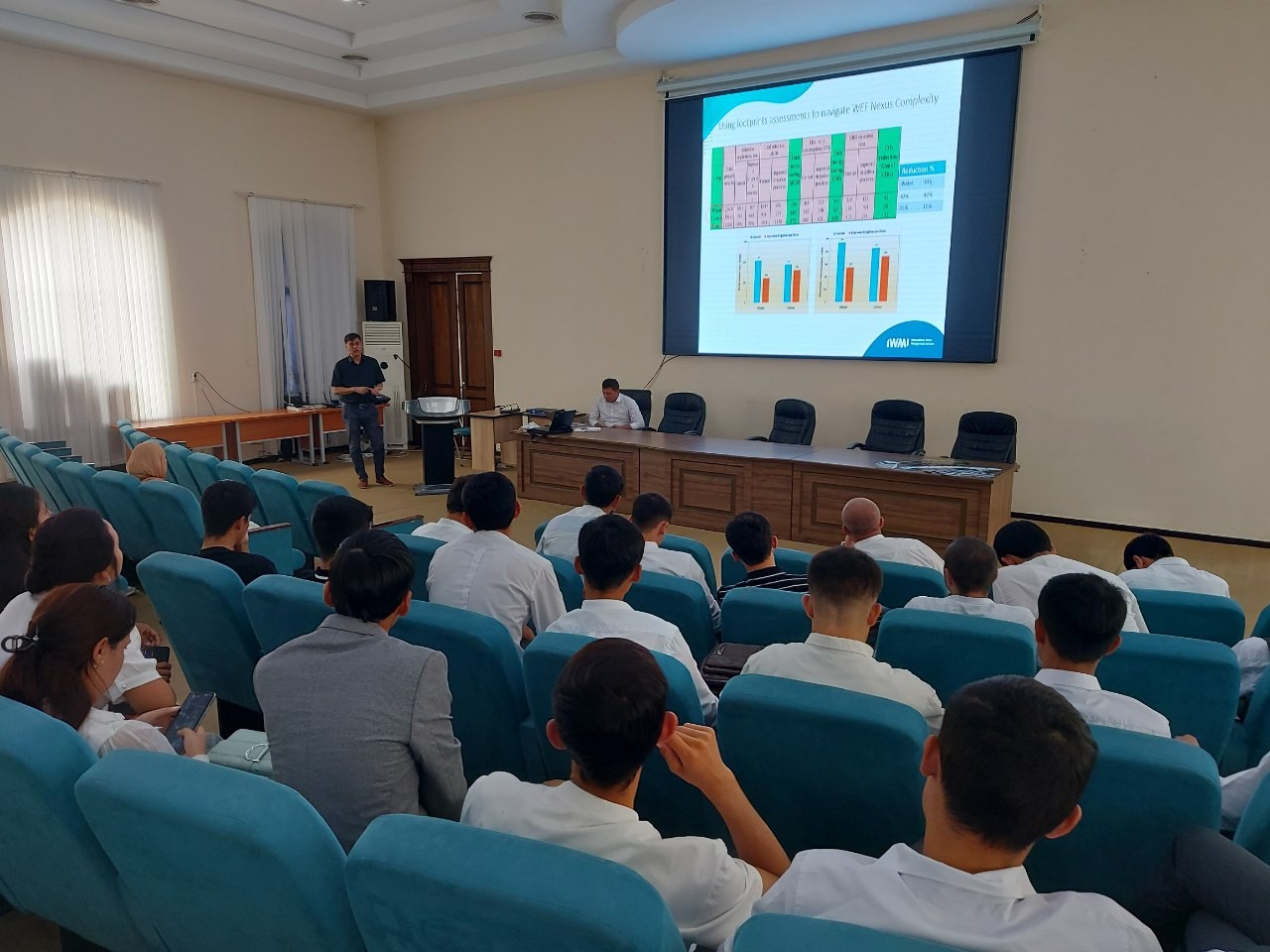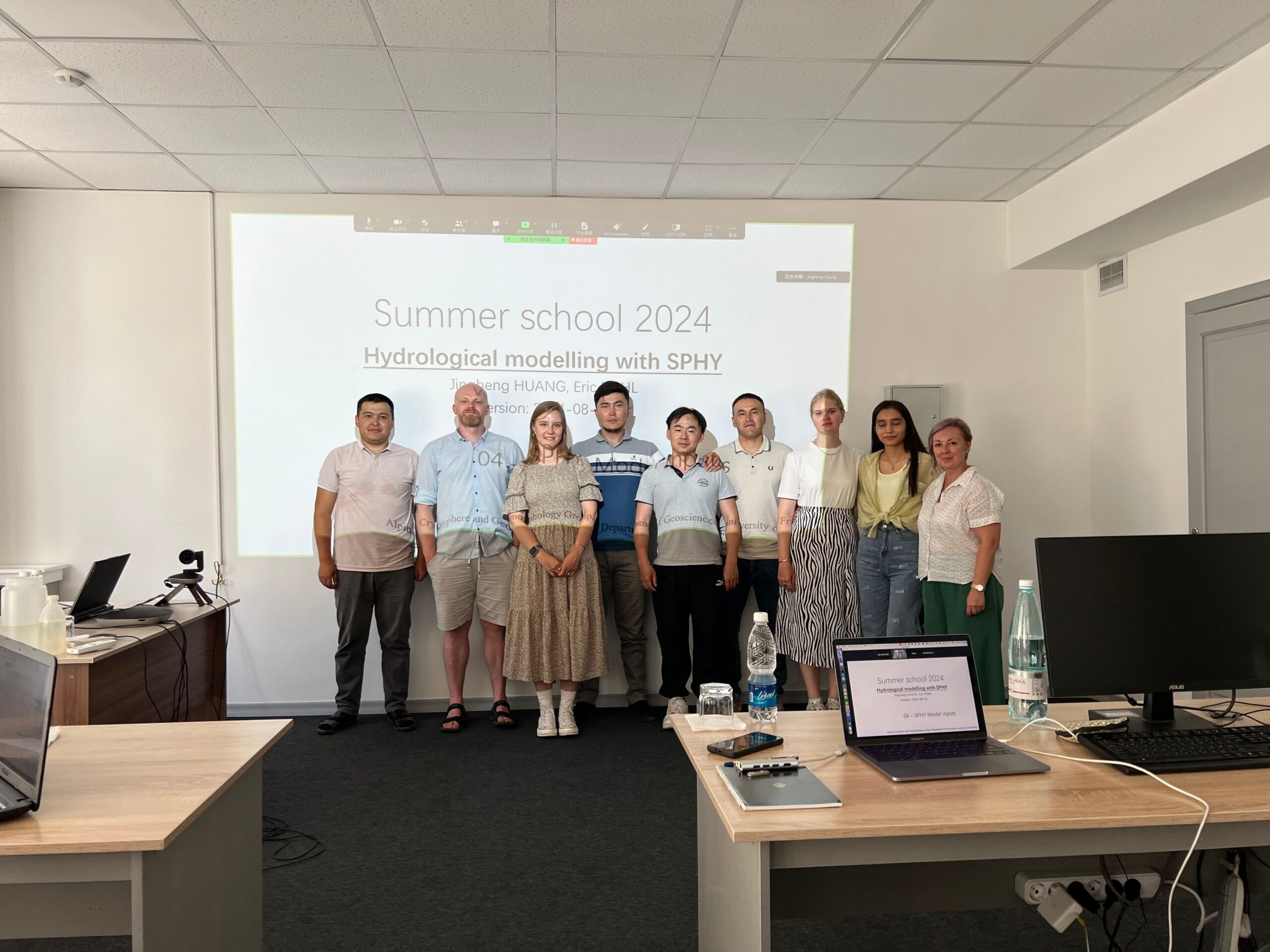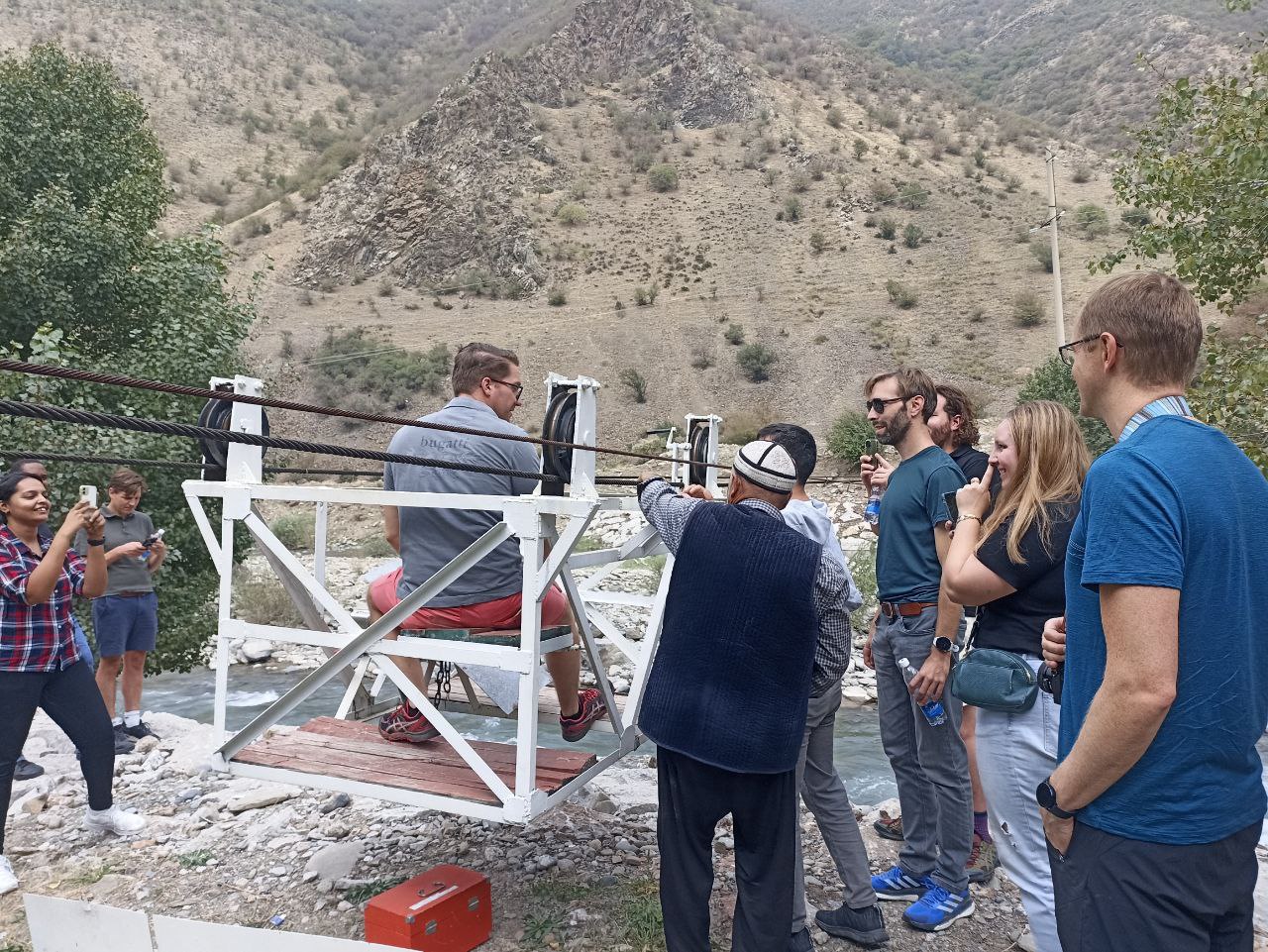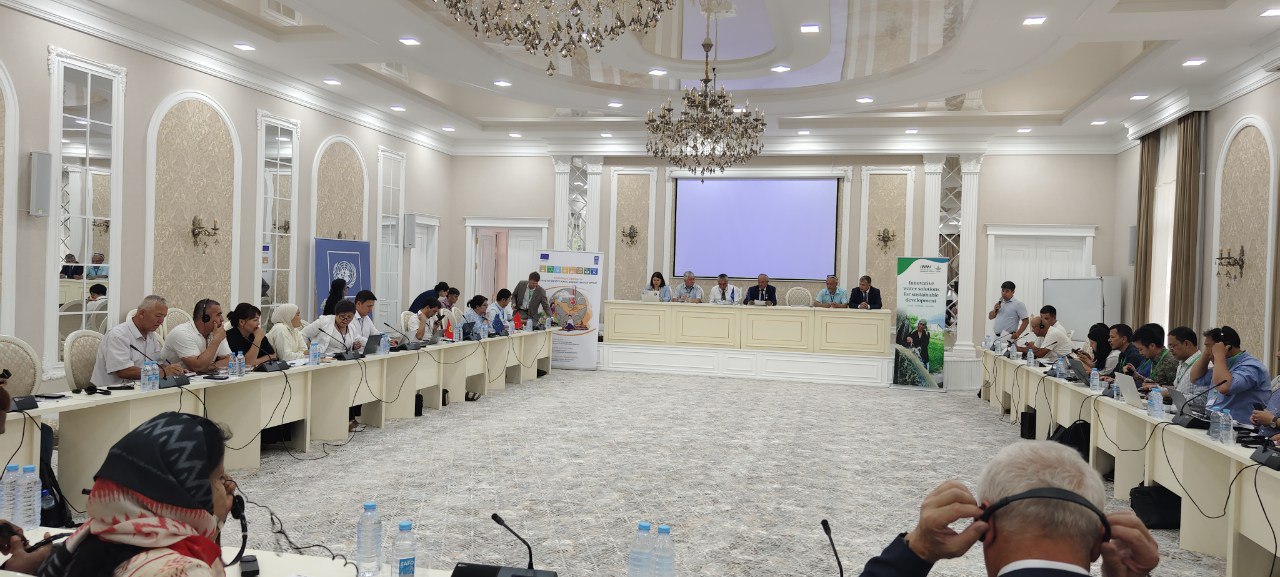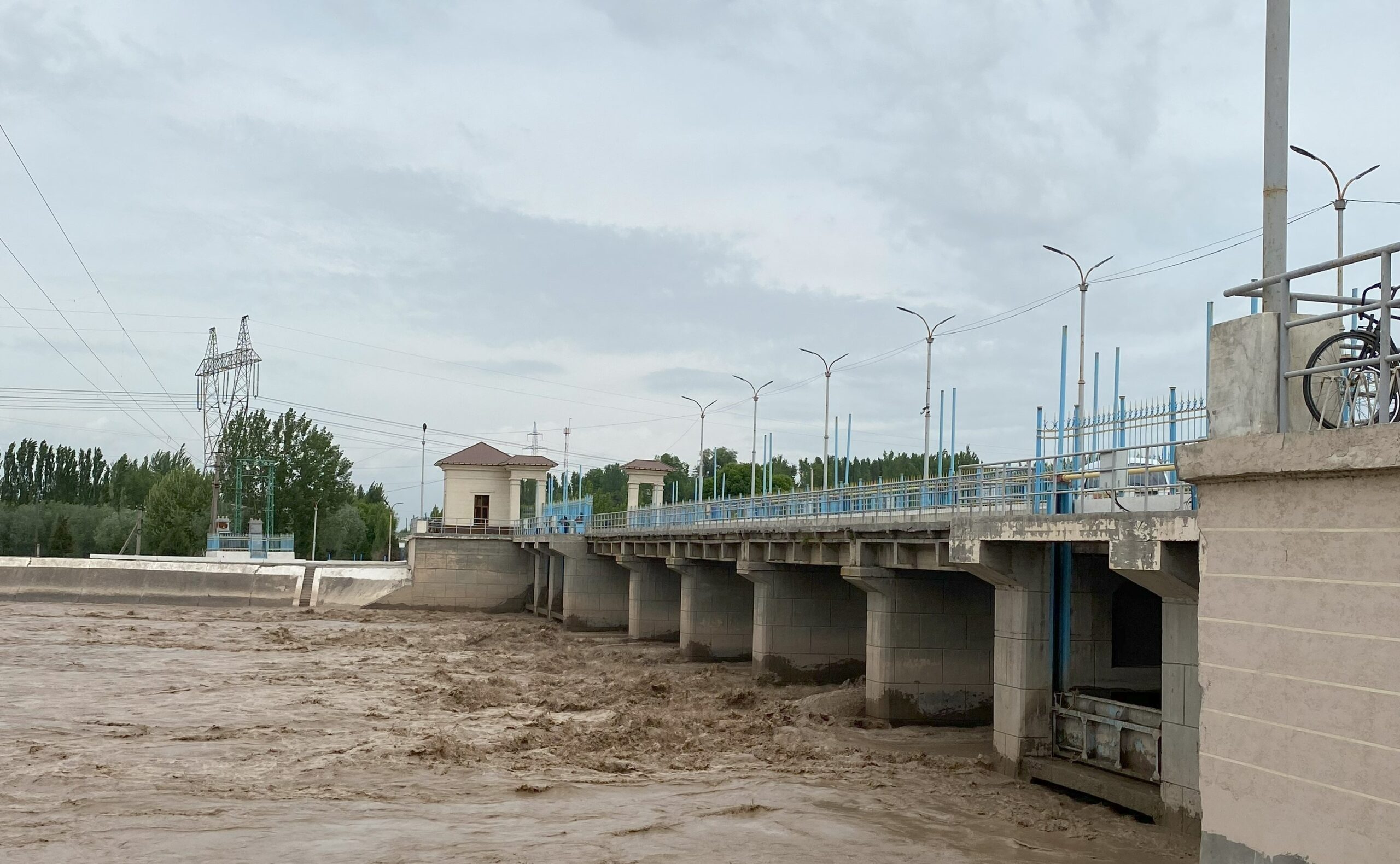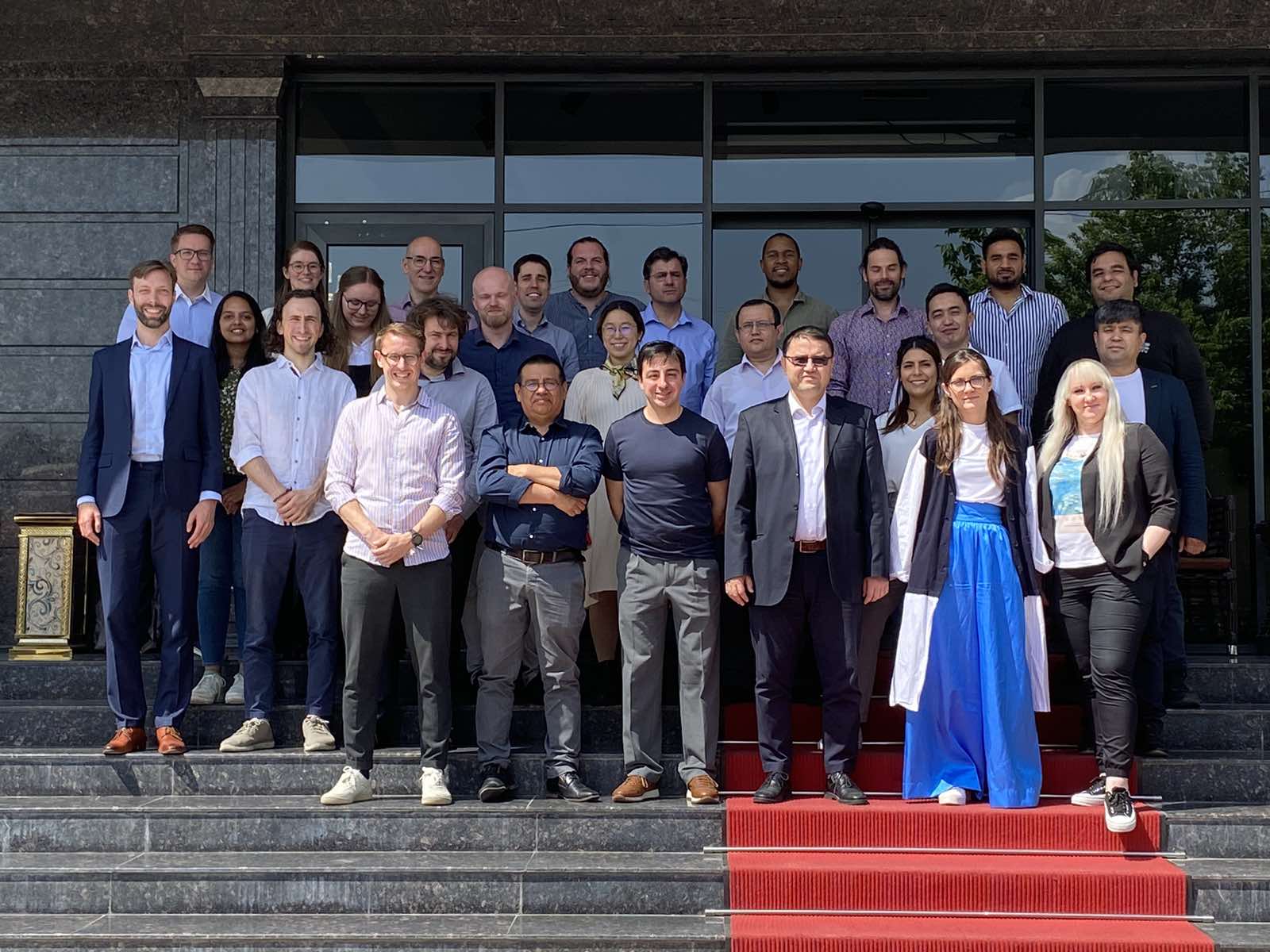Newsroom
From insights to action, the path to climate-smart water allocation and management value starts here.
The Highlights
laTEST NEWS
On June 19, WE-ACT participated in a vital workshop titled “Sustainable and Efficient Water Use in the Context of Small Rivers of Central Asia”, hosted by the International Water Management Institute (IWMI) in collaboration with Hydro4U, NEXUS, and ISTC.
Gautamee Baviskar, a PhD candidate at the University of Twente, is collaborating with the TRANSCEND project team at Manchester University to enhance research initiatives within the EU-funded projects WE-ACT and TRANSCEND. Working with the AquaCrop-OS model, this partnership focuses on advancing sustainable practices and improving water management strategies across different regions.
Water challenges demand collaboration and innovation. Projects like WE-ACT, RETOUCH NEXUS, and TRANSCEND exemplify how combining expertise, stakeholder engagement, and EU support can address water scarcity, improve governance, and foster sustainable solutions. Together, these initiatives set a new standard for managing one of our planet’s most critical resources.
Ensuring the sustainable management of water resources is a pressing challenge, particularly in regions like Central Asia where water availability and allocation are critical for communities and industries alike. The WE-ACT project is taking bold steps to address this challenge by enhancing hydro-meteorological monitoring in Kyrgyzstan.
Today, WE-ACT is hosting the “Water Allocation Simulation and Tariffs in Central Asia” Workshop in Tashkent. This event will bring together stakeholders to deepen collaboration and address key challenges in transboundary water governance and irrigation efficiency. Continuing the momentum of previous workshops, the goal is to foster understanding and shared solutions between the participants.
In aims of supporting women’s rights in water management, Uzbekistan’s Ministry of Water Management hosted a roundtable on developing Gender Strategy for Water Management by 2030. This initiative is part of the third phase of the "National Water Resources Management Project," supported by the Swiss Agency for Development and Cooperation.
On the 16th of September, International Water Management Institute hosted an event at the TIIAME National Research University, drawing a diverse audience of 70 attendees, including young researchers from the faculties of agriculture, ecology, and water, as well as master’s and PhD students.
This August, partners from UFR hosted a 2-day summer school on Hydrological Modelling at CAIAG, Bishkek, Kyrgyzstan, both in-person and online. Focused …
In this blog, we explore how the WE-ACT project is transforming water management in Central Asia. Discover how the project is uniting stakeholders from across borders, promoting dialogue, and aligning with European values of regional collaboration. Learn about the key activities and achievements that are paving the way for a more sustainable approach to managing the Syr Darya, Naryn, and Karadarya rivers amidst climate change.
Explore insights from IWMI's workshop on transboundary water cooperation in Central Asia, held on June 27, 2024, at Hotel Asia in Fergana, Uzbekistan. Topics include climate resilience, gender equity, and technological solutions for sustainable water management.
During the WE-ACT team's field trip to Uzbekistan's Fergana Valley, the team explored the area's rich cultural heritage and natural beauty, gaining invaluable insights into the local water management systems. The region has two important hydrological monuments the Andijan Dam and Reservoir, which are vital for irrigation and water supply. The team observed both traditional and modern irrigation techniques employed by local farmers. This experience highlighted the region's pressing challenges in water allocation and underscored the importance of sustainable water management practices, which are essential for balancing development with environmental preservation.
The WE-ACT General Assembly, held in Tashkent, Uzbekistan from April 23rd to 24th, 2024. The event focused on advancing water management in Central Asia through keynote speeches, collaborative sessions, and innovative demonstrations. Notable moments include the introduction of serious games for interactive learning and decision making, and a visit from BWO SyrDarya and SIC ICWC, emphasizing the importance of end-user engagement. Overall, the assembly exemplifies collective efforts towards sustainable water allocation in the region.
Subscribe to our newsletter
Subscribe to our newsletter and stay up-to-date with the latest news and updates about our solutions and services, along with access to exclusive events, all delivered directly to your inbox. Don't miss out, be the first to know.


